
Organic farmer calls for genome editing for fruit growing
The high number of plant protection treatments is a major challenge for organic farmers. One of them is apple grower Marco Messerli from Kirchdorf BE. He has had to treat susceptible apple varieties with organic pesticides a total of 48 times. Too much, he thinks, and is now calling for the authorisation of new breeding methods. Experts agree with him.
Monday, February 12, 2024
Organic is better. At least that's what most people think. But not everything that is organic shines. A lot of pesticides are used in organic fruit growing - and not in short supply, as an article in the «BauernZeitung» shows.
For example, organic farmer Marco Messerli had to treat susceptible apple varieties with organic pesticides no less than 48 times. The Bernese farmer announced this at the Central Switzerland Plant Protection and Fruit Growing Conference organised by the Central Switzerland Fruit Growers' Association (AZO) and did not shy away from naming the problems in organic fruit growing in his presentation.
That's why organic farmers spray more often
«Yes, it's true that organic farmers spray more often and sometimes even at night,» Messerli is quoted as saying in the BauernZeitung newspaper. Especially when heavy rainfall has washed down the protective coating, spraying at night has become necessary. «I can't afford scab infections for quality reasons. That's why it's crucial to renew the protective coating within hours.» In addition, on some days he even had to spray two products - one fungicide and one insecticide treatment.
Messerli is therefore calling for the breeding of new robust varieties to be driven forward and for innovative breeding methods such as Crispr/Cas9 gene scissors to be considered. «We are in the year 2024. If you really want to produce organic apples sustainably, you also have to allow new breeding methods,» says the young fruit grower.
One thing is clear: Messerli's reports make people sit up and take notice. However, the conflicting goals are by no means insurmountable. New breeding methods such as the Crispr/Cas9 gene scissors can certainly help. With minimal intervention, the technology makes it possible to introduce desired resistances into existing, popular apple varieties and in turn eliminate undesired characteristics that favour diseases.
Even bioscientists see advantages in genetic engineering
According to the Swiss television science programme "Einstein", there is no way around the new methods if popular apple varieties such as Golden Delicious, Braeburn and Gala are to be cultivated in Switzerland in the medium term.The latter variety in particular is extremely susceptible to scab.
Nobel Prize winner Christiane Nüsslein-Volhard has the same opinion. Varieties that are familiar to consumers can be efficiently optimised by means of genome editing: «Varieties that are already well established can simply be improved by a gene mutation that has proven to be advantageous in other species», says Nüsslein-Volhard. This is why the Nobel Prize winner is in favour of using the Crispr/Cas9 gene scissors not only in conventional plant breeding, but also in organic farming.
Genetic engineering is frowned upon in the organic world, but genome editing is gentler and more targeted, especially in comparison to untargeted mutation breeding, which is also widespread in organic breeding and selects the strongest plants using radioactive irradiation or chemical treatment. This is why Urs Niggli from Switzerland, who is one of the world's most renowned bioscientists, also sees advantages in the technology. «It would be unattractive if the conventional farmer had a potato variety that could do without pesticides - and the organic farmer had a potato variety that he had to spray with copper,» the NZZ newspaper quoted Niggli as saying, citing the daily newspaper taz.
Kindly note:
We, a non-native editorial team value clear and faultless communication. At times we have to prioritize speed over perfection, utilizing tools, that are still learning.
We are deepL sorry for any observed stylistic or spelling errors.
Related articles
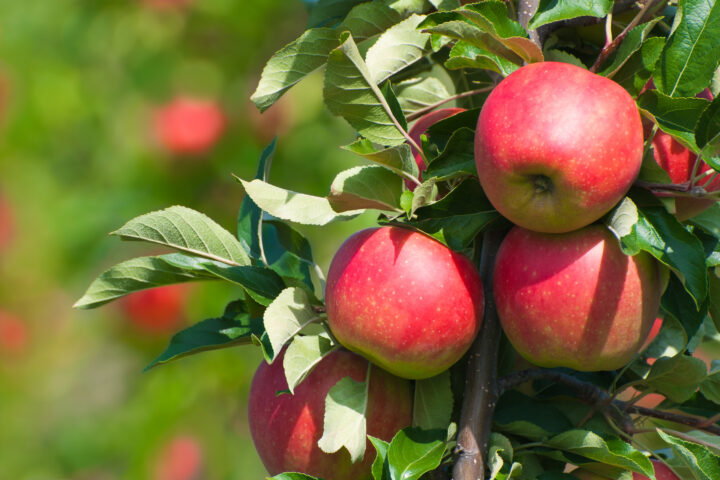
New breeding methods – here to stay
The Swiss Parliament has decided to update the genetic engineering moratorium that has been in place since 2005. The step was overdue. On the occasion of a webinar organized by swiss-food.ch, experts from science and agriculture spoke about the benefits of new biotechnological breeding methods. It became clear: the risks are low, the opportunities are great.
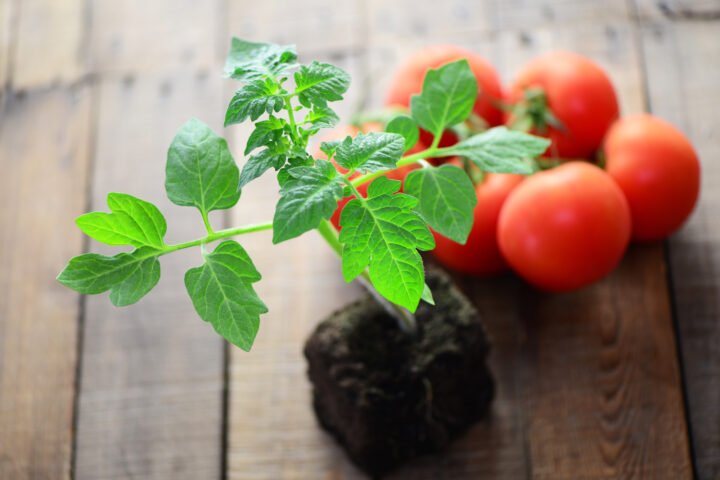
Ten applications of new breeding technologies for Switzerland
The summer of 2021 has shown how damaging prolonged rain can be for crops. With climate change, the likelihood of extreme weather events will increase. Farmers therefore need improved plant varieties that can withstand heat but also a lot of moisture.
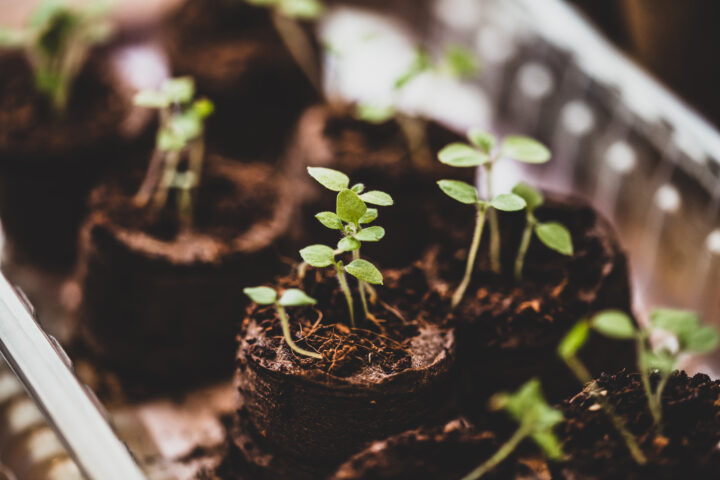
Broad alliance for modern breeding methods
The signal effect could not be greater. The label organization IP-Suisse, the fruit, vegetable and potato producers, the agricultural cooperative Fenaco, the large retailers Coop and Migros and the consumer forum have recently joined forces under the name "Varieties for tomorrow".

Protein yes – vegan? Probably not.
After years of hype surrounding meat alternatives, enthusiasm for vegan diets seems to be waning. More and more restaurants are returning to meat. Consumers are also placing greater emphasis on pragmatism rather than sacrifice.
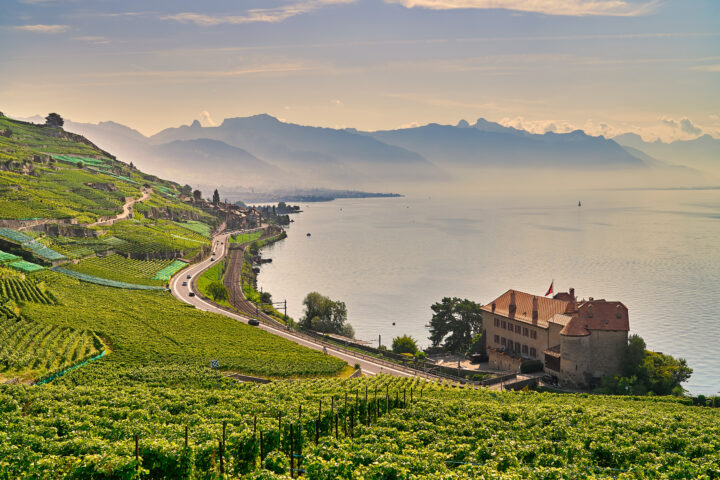
Triazole in Lake Geneva: Authorities give the all-clear
In late summer 2025, the news caused a stir: the substance 1,2,4-triazole – a chemical compound used in a wide variety of applications – was found in drinking water from Lake Geneva. Now the cantons of Geneva, Vaud and Valais have given the all-clear: the water is safe to drink.

'There is also a life before death' – Wine Pope Philipp Schwander on the Zeitgeist and the Activism of Health Authorities
The Swiss Master of Wine criticizes in an interview that wine is increasingly being demonized – contrary to scientific evidence and without any discussion about dosage and risk.
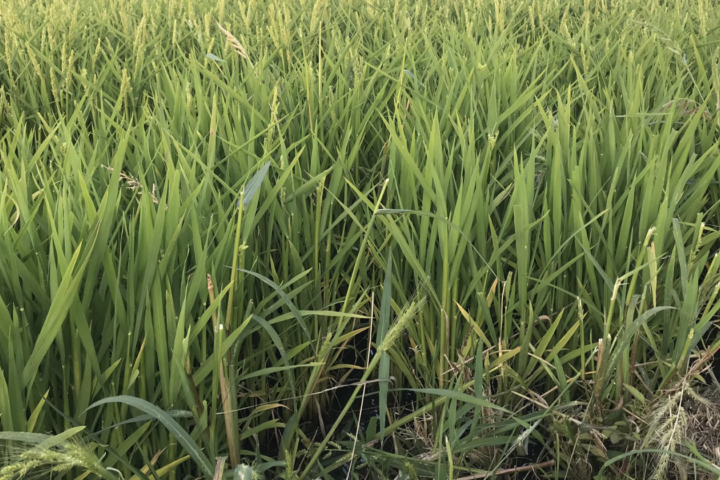
Sushi from Swiss Rice – Possible for a Few Years Now
Where once lamb’s lettuce and potatoes grew, a crop more commonly associated with Asia is now thriving: rice. What might sound like an exotic experiment has in some parts of Switzerland developed into a promising niche with a future.

